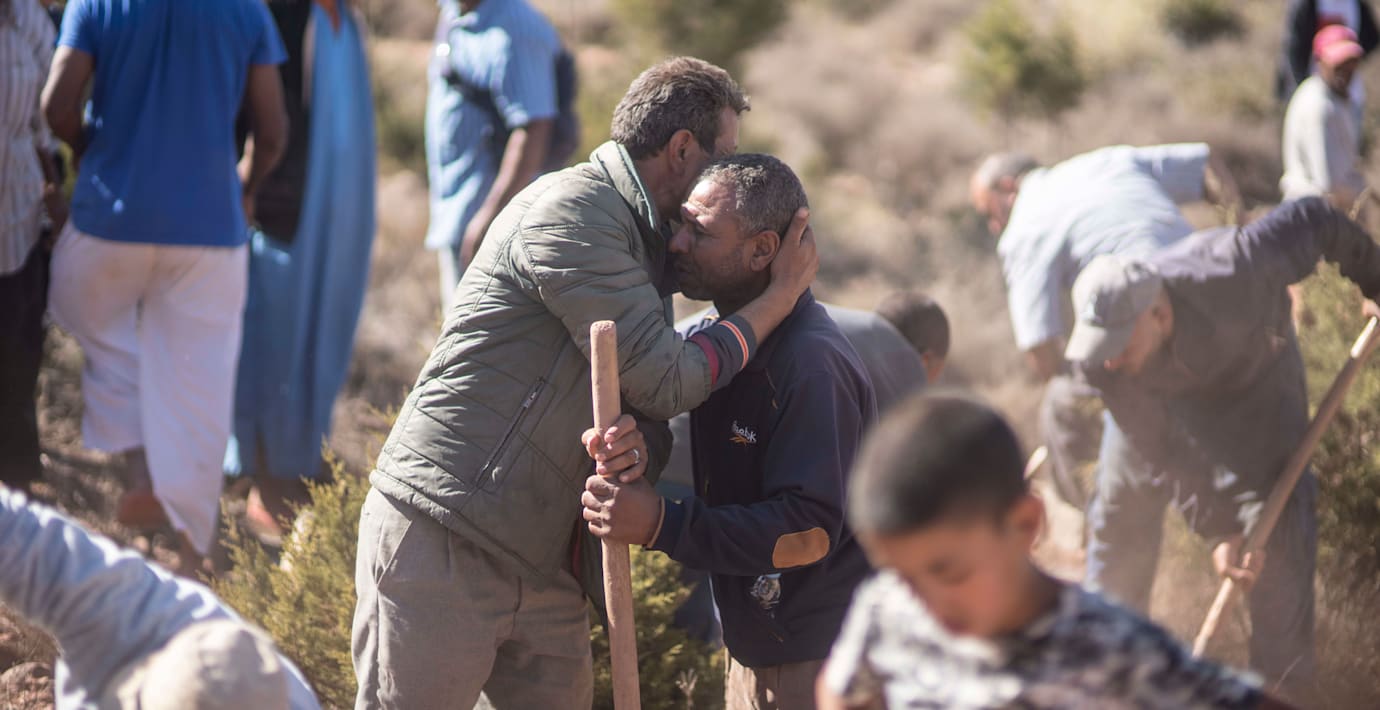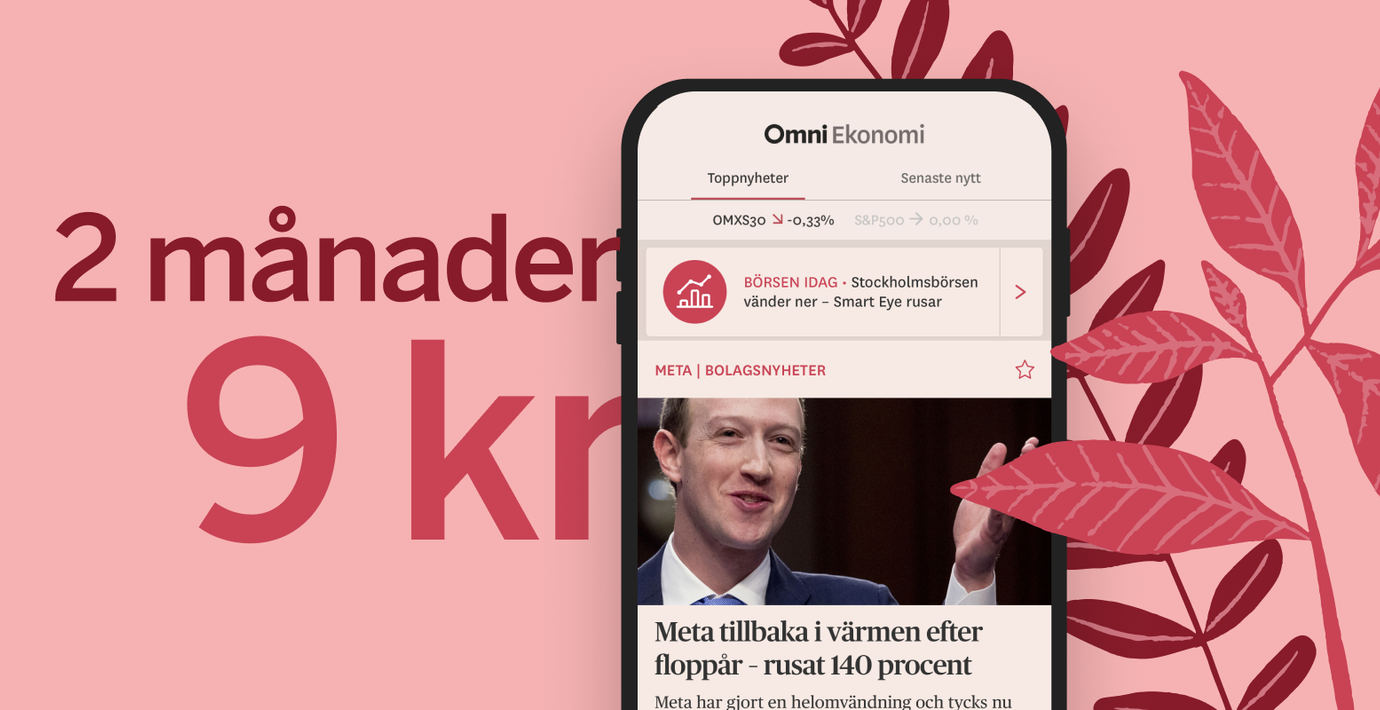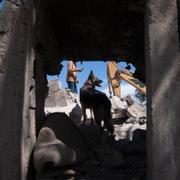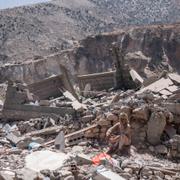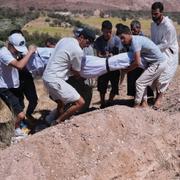bakgrund
Marockos ekonomi
Wikipedia (en)
The economy of Morocco is considered a relatively liberal economy, governed by the law of supply and demand. Since 1993, in line with many Western world changes; Morocco has followed a policy of privatisation of certain economic sectors which used to be in the hands of the government. Morocco has become a major player in African economic affairs, and is the 5th largest African economy by GDP (PPP). The World Economic Forum placed Morocco as the most competitive economy in North Africa, in its African Competitiveness Report 2014–2015.The services sector accounts for just over half of the GDP. The industry sector– consisting of mining, construction and manufacturing – is an additional quarter. The sectors that recorded the highest growth are the tourism, telecommunications, and textile sectors. Morocco, however, still depends to an inordinate degree on agriculture, which accounts for around 14% of GDP but employs 40–45% of the Moroccan population. With a semi-arid climate, it is difficult to assure good rainfall and Morocco's GDP varies depending on the weather. Fiscal prudence has allowed for consolidation, with both the budget deficit and debt falling as a percentage of GDP.
The economic system of the country is characterised by a large opening towards the outside world. In the Arab world, Morocco has the second-largest non-oil GDP, behind Egypt, as of 2017.
Since the early-1980s, the Moroccan government has pursued an economic programme toward accelerating economic growth with the support of the International Monetary Fund, the World Bank, and the Paris Club of creditors. From 2018, the country's currency, the Moroccan dirham, is fully convertible for current account transactions; reforms of the financial sector have been implemented; and state enterprises are being privatised.
The major resources of the Moroccan economy are agriculture, phosphate minerals, and tourism. Sales of fish and seafood are important as well. Industry and mining contribute about one-third of the annual GDP. Morocco is the world's third-largest producer of phosphates (after the United States and China), and the price fluctuations of phosphates on the international market greatly influence Morocco's economy. Tourism and workers' remittances have played a critical role sinceindependence. The production of textiles and clothing is part of a growing manufacturing sector that accounted for approximately 34% of total exports in 2002, employing 40% of the industrial workforce. The government wishes to increase 3 exports from $1.27 billion in 2001 to $3.29 billion in 2010.
The high cost of imports, especially of petroleum imports, is a major problem. Morocco suffers both from structural unemployment and a large external debt.The youth unemployment rate was 27.2% in 2021. About 80% of jobs are informal and the income gaps are very high. In 2021, Morocco ranked 123rd out of 191 countries in the world on the Human Development Index (HDI), behind Algeria (91st) and Tunisia (97th). It is the most unequal country in North Africa according to the NGO Oxfam.
